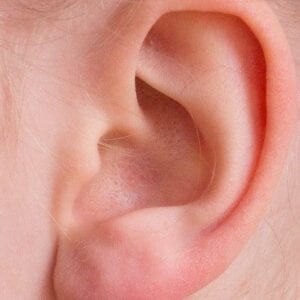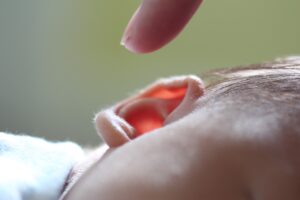Meniere’s Disease
What is Meniere’s disease?
Meniere’s disease is a rare disorder that affects one of the inner ears, which is responsible for balance as well as hearing. It is characterized by attacks of ear pressure, pain, and dizziness that may come all at once or every once in a while. Meniere’s disease is a chronic disease that most likely occurs in people in their 40s and 50s, but many people who are diagnosed with Meniere’s disease go into remission within a few years after their diagnosis.What causes Meniere’s disease?
The cause of Meniere’s disease is not completely known or understood, but scientists believe that it is the result of an abnormal amount of fluid (endolymph) in the inner ear. Factors that may affect this fluid, contributing to Meniere’s disease, include:- Improper fluid drainage
- Abnormal immune response
- Allergies
- Viral infection
- Genetic predisposition
- Head trauma or migraines
What are the symptoms of Meniere’s disease?
The symptoms of Meniere’s disease often tend to come on as “episodes” or “attacks,” and most people with Meniere’s disease fortunately don’t experience symptoms between episodes. Symptoms of Meniere’s disease include:- Vertigo (a sense of spinning)
- Loss of hearing in the affected ear
- Tinnitus (a sense of ringing or roaring in the ear)
- Aural fullness (a feeling that the ear is full or plugged)
- Loss of balance
- Headaches
- Nausea, vomiting, and sweating caused by severe vertigo
How is Meniere’s disease diagnosed?
If someone is experiencing the characteristic symptoms of Meniere’s disease, the following tests can be used to rule out other potential causes of these symptoms and confirm a diagnosis:- Hearing test (audiometry)
- Balance test (electronystagmography)
- Vestibular evoked myogenic potential testing to measure sound sensitivity of the inner ear
- MRI or CT scan to assess possible brain problems that may be causing similar symptoms
What are the available treatments for Meniere’s disease?
Although Meniere’s disease does not yet have a cure, there are many different treatments that can help manage the symptoms of the disease, depending on how severe the particular case is. These treatment options include:- Medication, such as motion sickness medicines and diuretics
- Vestibular rehab to improve the symptoms of vertigo and hearing aids to treat hearing loss
- Surgery, such as an endolymphatic sac procedure, labyrithecotomy, or a vestibular nerve section procedure
Where can I find more information on Meniere’s disease?
Meniere’s Disease Articles

September 17-23 is Balance Awareness Week: Spreading Vestibular Disorders Awareness
James Moore
September 12, 2023
Read More »


Enrollment Begins for Trial Evaluating SPI-1005 for Meniere’s Disease
Jessica Lynn
August 4, 2022
Read More »

New Genes Linked to Familial Meniere’s Disease, Study Shows
Jessica Lynn
December 15, 2021
Read More »


September 13-19 is Balance Awareness Week: Spreading Vestibular Disorders Awareness
James Moore
September 14, 2020
Read More »

New Meniere’s Disease Treatment Has FDA Approval to Advance to a Phase III Trial
Rose Duesterwald
July 2, 2020
Read More »

Phase 3 Clinical Trials Approved to Test SPI-1005 for Meniere’s Disease
Jessica Lynn
June 11, 2020
Read More »






